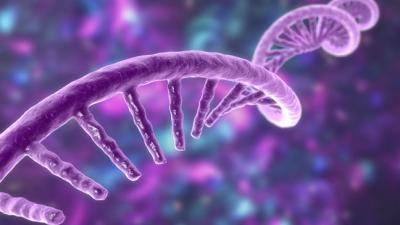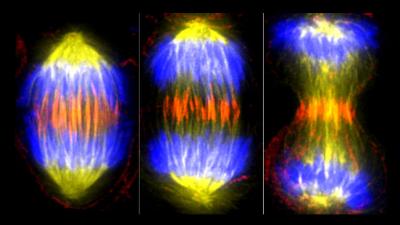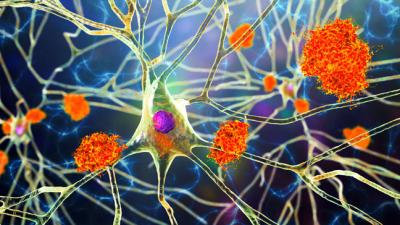RPI Researchers To Contribute To New Center for Continuous mRNA Manufacturing
Rensselaer Polytechnic Institute’s Steven Cramer, William Weightman Walker Professor of Polymer Engineering, and Todd Przybycien, professor of chemical and biological engineering, will contribute to a three-year research program led by faculty at Massachusetts Institute of Technology (MIT) that aims to design the world’s first fully integrated, continuous mRNA manufacturing platform. Both Cramer and Przybycien are members of Rensselaer’s Shirley Ann Jackson, Ph.D. Center for Biotechnology and Interdisciplinary Studies. The platform is part of an $82 million effort funded by the U.S. Food and Drug Administration (FDA) Center for Biologics Evaluation and Research.









